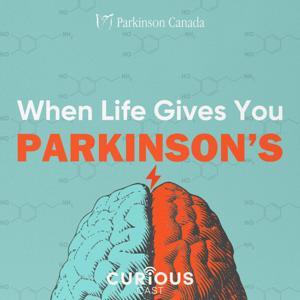September is Fall Prevention month. As we age, falling—or even the fear of falling—becomes increasingly common. For people with Parkinson's, the risk is often higher due to specific changes in the body that affect balance, strength, and coordination. Almost all of us will experience a fall at some point, which is why it's so important to understand your abilities, recognize your tendencies, and keep open communication with your neurologist and care team. The good news is that there are effective ways to improve balance, manage dizziness, and build strength. Prevention truly is key.
Today, I have two special guests joining me:
· Dr. Ospina, a Movement Disorder Specialist (MDS), who explains why people with Parkinson's are more likely to face fall risks as part of the disease process—and what's happening in the body that leads to falls. She also shares strategies and treatments that can help reduce those risks.
· A home safety expert, whose company evaluates living spaces and provides personalized recommendations to make your home safer. Their process is clinically guided, ensuring that the solutions fit your individual needs. This service is incredibly valuable for anyone looking to prevent falls at home.
As we recognize Fall Prevention Month, I'd love to hear from you. Do you have a personal story about a fall, or tips you've used to reduce your ownl risk? Please share your experiences in the comments section or email at [email protected].
Thank you to our sponsor – Boston Scientific, the maker of Vercise Genus, a Deep Brain Stimulation or DBS system. To learn more about the latest treatment options for Parkinson's disease at https://DBSandMe.com/17branches
https://www.dbsandme.com/17branches
https://measurabilities.com/
https://www.cdc.gov/falls/about/index.html




































